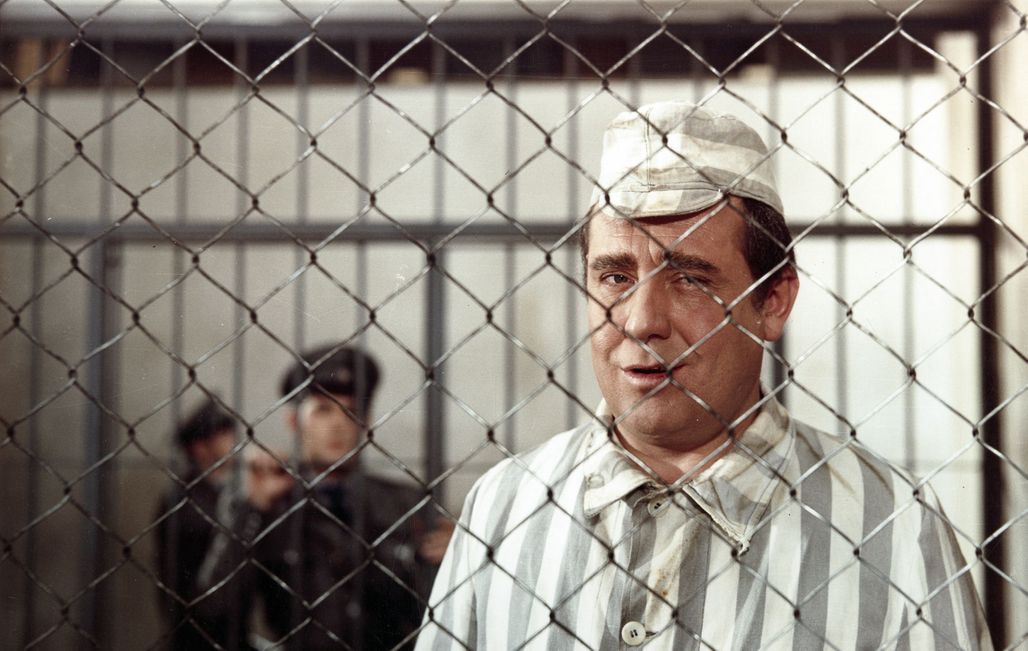
A Tanú (The Witness), a satire on Hungary’s dictatorship

In A Tanú (The Witness), Hungarian director and scriptwriter Péter Bacsó offers up a humorous swipe at Mátyás Rákosi's authoritarian communist dictatorship in Hungary. Selected for Un Certain Regard in 1981, this 50-year-old satire was censored for many years, and is showcased now in a restored version for Cannes Classics.
In 1950s Hungary, the Communist Party is in power. A Tanú (The Witness) follows the trials and tribulations of József Pelikán, a Hungarian civil servant with a naive streak. By chance, he meets member of the Resistance-turned-minister Zoltán Dániel, an old friend he had hidden in his basement during the war. When an anonymous complaint is made, the Hungarian authorities arrive in the men's village. And Zoltán Dániel reports József Pelikán, leading the soldiers to his old hideaway, where Pelikán once also hid blackmarket pork.
As Péter Bacsó puts it, "it's easier to make drama than it is comedy. Comedy makes politicians nervous, because they have no sense of humour". In A Tanú (The Witness), the director hoped to build viewers' awareness of the communism- and authoritarianism-related issues his country faced, tackling the subject with humour, which the filmmaker sees as an effective way of taking stock of past mistakes.
Anticipating that the film would meet with problems upon its release in 1969, Péter Bacsó cut some scenes to make it less close to the bone. But the film was nevertheless censored by the Hungarian government, and A Tanú (The Witness) was only screened to a limited extent from 1979 on. Thanks to its screening at the Festival de Cannes in 1981, the film was distributed worldwide in 32 countries: sweet revenge after ten long years of censorship.


